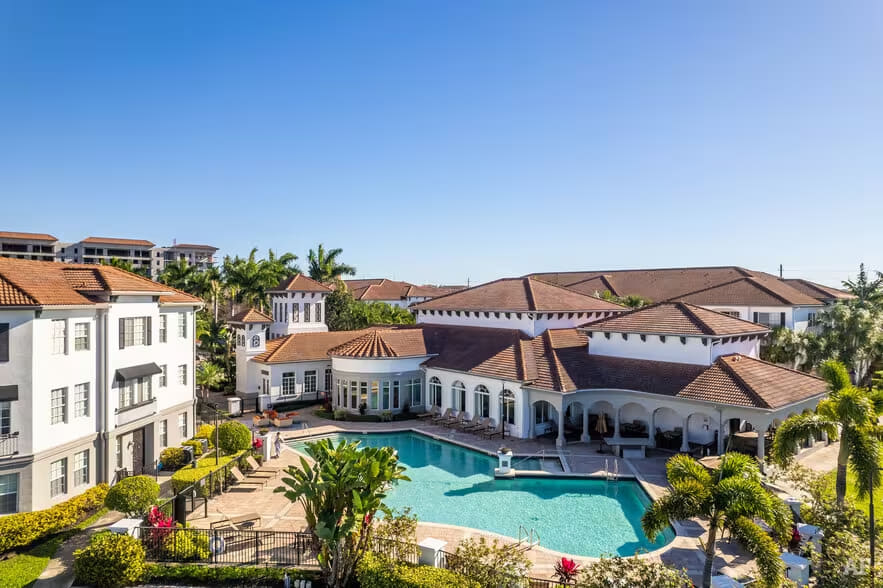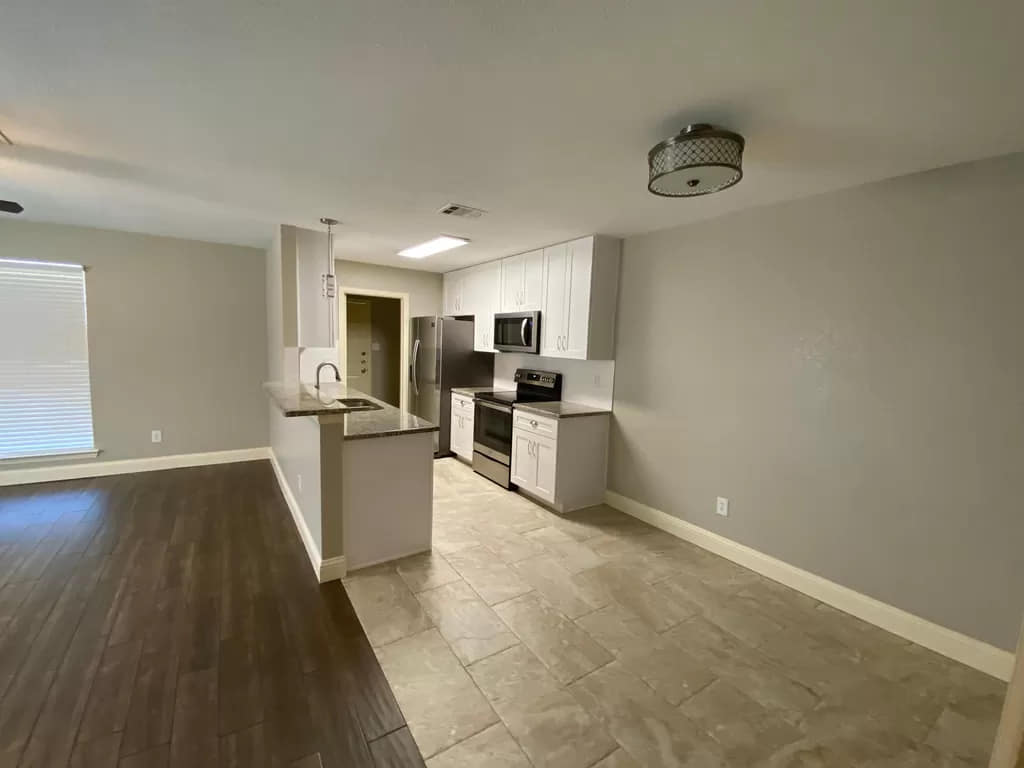Signing a lease is a significant commitment, and for many renters, it can be one of the most important decisions they make. Whether you are renting for the first time or have been a tenant for years, there are crucial questions you need to ask before putting pen to paper. Understanding the terms of the lease, the property’s condition, and your responsibilities as a tenant is essential to ensure a smooth rental experience.
In this article, we'll break down the key questions to ask before signing a lease, covering everything from rent payment details and maintenance responsibilities to policies regarding pets and late fees. These questions can help you avoid misunderstandings, protect your rights as a renter, and ensure that the property fits your needs.
1. What Is the Full Amount of Rent and What Does It Include?
The most basic, yet critical question to ask before signing any lease is the amount of rent and what it covers. While the base rent may seem straightforward, you need to clarify whether additional costs are included in the amount.
- Utilities: Does the rent include utilities such as water, gas, electricity, or internet? If not, how much do utilities typically cost each month?
- Parking: Is a parking space included, or is there an additional fee for parking? In cities, parking can be a separate and costly charge.
- Maintenance Fees: Are there any common area maintenance fees for apartment complexes or condo buildings?
Understanding exactly what you’ll pay every month and any potential hidden costs ensures that you can budget effectively and avoid unpleasant surprises later.
2. How Long Is the Lease Term, and What Happens After It Ends?
Lease terms can vary, with common options being 6 months, 12 months, or even month-to-month leases. Ask about the specific duration of the lease and what happens when it expires. Will it automatically convert to a month-to-month arrangement, or will you need to sign a new lease?

Inquire about the terms for renewal. If you want to stay longer, will your rent increase, and if so, by how much? Some landlords impose significant rent hikes at renewal, so it's good to know if the property management has a history of increasing rents and by what percentage.
3. What Is the Security Deposit, and What Are the Conditions for Getting It Back?
A security deposit is standard for most rental agreements, and it’s crucial to understand how much it will be and what conditions must be met to have it refunded at the end of the lease. Some landlords may charge one month’s rent as a deposit, while others might ask for more.
Additionally, find out:
- What is the timeline for getting the deposit back after moving out?
- What deductions can be made? For example, if you leave a stain on the carpet or a hole in the wall, how much will it cost to repair? Are there other fees for cleaning or repainting?
- Is the deposit refundable? Some landlords offer non-refundable deposits for things like cleaning or administrative fees, so make sure you’re clear on what you’re paying for.
Read more: How to Find Section 8 Houses For Rent With No Deposit?
4. What Is the Policy for Breaking the Lease Early?
Life can be unpredictable, and you may find yourself needing to move out before your lease ends. Therefore, it’s essential to ask about early termination policies. Many leases include strict penalties for breaking the agreement early, and some may require you to pay rent until a new tenant is found.

Find out if there are any circumstances under which breaking the lease may be more lenient, such as job relocation or military service. Some landlords may also offer lease-break clauses with specific fees that allow you to exit the agreement without continuing to pay rent until a replacement tenant is secured.
5. Are There Any Rules Regarding Subletting?
Subletting your apartment can be a convenient option if you need to vacate temporarily but don’t want to break your lease. However, many landlords have strict rules against subletting, or they may require you to obtain written consent before doing so.
Before signing the lease, confirm whether subletting is allowed and what the conditions are. Some landlords charge additional fees or require a formal application for subtenants, while others may prohibit it entirely.
6. Who Is Responsible for Maintenance and Repairs?
Maintenance responsibilities can vary significantly from one rental property to another. Typically, landlords are responsible for major repairs, such as fixing appliances, plumbing, or electrical issues. However, tenants may be responsible for minor maintenance tasks like changing lightbulbs, unclogging drains, or maintaining the yard.
Ask questions about:
- How are maintenance requests handled? Is there an online system, or do you need to call someone?
- What is the typical response time for repairs?
- Are there specific repairs that the tenant is responsible for? For example, some leases specify that tenants handle issues like pest control, yard maintenance, or HVAC filter changes.
7. What Is the Policy on Pets?
If you have pets or plan to get one, it’s critical to ask about the landlord's pet policy. Some properties allow pets with specific restrictions, while others may have a strict no-pet rule.
Key questions include:
- Are pets allowed, and if so, what types? Some landlords only allow certain breeds of dogs or have restrictions on the size or number of pets.
- Is there a pet deposit or monthly pet rent? Many landlords require a pet deposit, either refundable or non-refundable, and may charge additional monthly rent for each pet.
- Are there any specific rules for pet owners? For instance, some buildings may require pets to be leashed in common areas or restrict access to certain spaces.
8. What Is the Late Fee Policy?
Paying rent on time is essential, but sometimes unforeseen circumstances can delay your payment. It’s important to understand the landlord's late fee policy. Some landlords offer a grace period, typically of 3 to 5 days, before charging a late fee, while others may charge penalties starting the day after rent is due.
Questions to ask:
- What is the grace period for late payments?
- How much is the late fee? Late fees can range from a small flat amount to a percentage of the rent, so it’s important to know how much it will cost if you miss a payment.
- Is there a cap on late fees? Some states have regulations that limit how much a landlord can charge for late rent.
9. Are There Any Restrictions on Decorating or Making Changes to the Apartment?
If you like to personalize your living space, you’ll want to ask about the landlord’s policy on decorating and making alterations to the apartment. Some leases restrict tenants from painting walls, hanging heavy art, or installing shelving.
Ask whether you’re allowed to:
- Paint walls or make minor cosmetic changes.
- Install items like shelving, curtain rods, or additional light fixtures.
- Hang artwork using nails or other hardware that leaves holes in the walls.
It’s also important to know if you will be responsible for returning the apartment to its original condition before moving out and whether there will be any fees for doing so.
10. Is Renters Insurance Required?
Renters insurance is designed to protect your personal belongings in case of theft, fire, or other damages, and it can also provide liability coverage if someone is injured in your apartment. While not all landlords require it, many do. Even if it's not required, it’s a good idea to have renters insurance to safeguard your property.
Before signing the lease, ask:
- Is renters insurance required?
- If so, what are the minimum coverage requirements?
- Do you need to provide proof of insurance before moving in?
11. What Are the Rules Regarding Guests?
If you like to have friends or family visit frequently, it’s essential to understand any rules the landlord may have regarding guests. Some landlords may have restrictions on how long guests can stay or require that tenants notify them if someone is staying for an extended period.

Ask about:
- Is there a limit on how long guests can stay?
- Do guests need to be registered with the landlord or management office?
- Are there any additional fees or rules for guests using building amenities, such as pools, gyms, or parking spaces?
12. What Are the Move-In and Move-Out Procedures?
Finally, understanding the move-in and move-out procedures is key to a smooth transition. Each landlord may have specific protocols in place for these events, so it’s good to be clear on the expectations.
For example:
- Is there a move-in inspection? This is an important opportunity to document any pre-existing damage or issues so that you’re not held responsible when you move out.
- What are the move-out cleaning requirements? Will you be required to deep clean or hire a cleaning service before vacating the property?
Conclusion
Asking the right questions before signing a lease can save you from potential headaches, disputes, and unexpected costs down the line. Renting a property is a legal agreement with specific obligations on both sides, so it’s critical to be informed before making a commitment. From understanding rent details and maintenance responsibilities to knowing the rules about pets and guests, having a clear understanding of the lease terms ensures that both you and the landlord are on the same page, fostering a positive rental experience for everyone involved.





